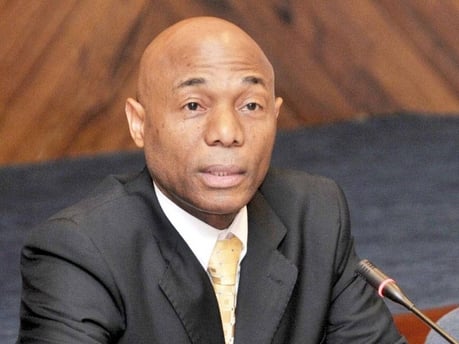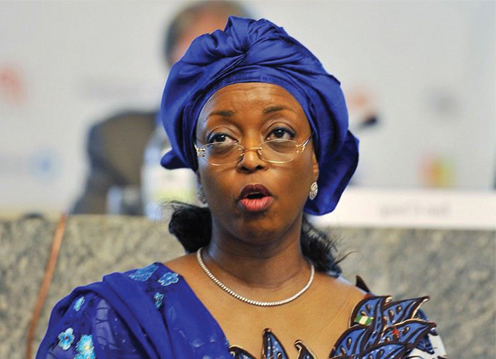The International Monetary Fund (IMF) has described the set of measures put in place by the federal government to mitigate the effects of the dwindling oil revenues as a move in the right direction.
On November 16, Ngozi Okonjo-Iweala, the coordinating minister of the economy and minister of finance, announced a series of steps that the government was taking to stabilise the economy in the face falling price of crude oil.
The minister also dismissed the possibility of the government printing more money, arguing that it did not make economic sense as it might result to inflation.
Responding to Nigeria’s fiscal and monetary response to the decline in global oil prices, Gene Leon, the IMF chief mission for Nigeria (pictured), said: “In a combination of actions, most recently the communiqué after the Central Bank of Nigeria’s monetary policy committee meeting of November 24-25, the authorities have announced a set of policies aimed at mitigating the impact of the recent significant fall in global oil prices on the economy.
Advertisement
“These include: adjusting the exchange rate, resubmitting the medium term expenditure framework to the nationalassembly with proposed tax and expenditure measures to achieve the deficit target consistent with a lower budget oil price, and tightening monetary policy. “
“We are supportive of and welcome these actions, which we view as complementary and moving in the right direction.
“Of course, the global situation remains fluid and the key issue is being ready to manage downside risks and for the authorities to be prepared, based on assessments of credible scenarios, to consider additional measures, as necessary.”
Advertisement
1 comments








IMF will always endorse suffering of people, in Africa most especially.